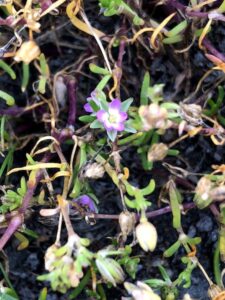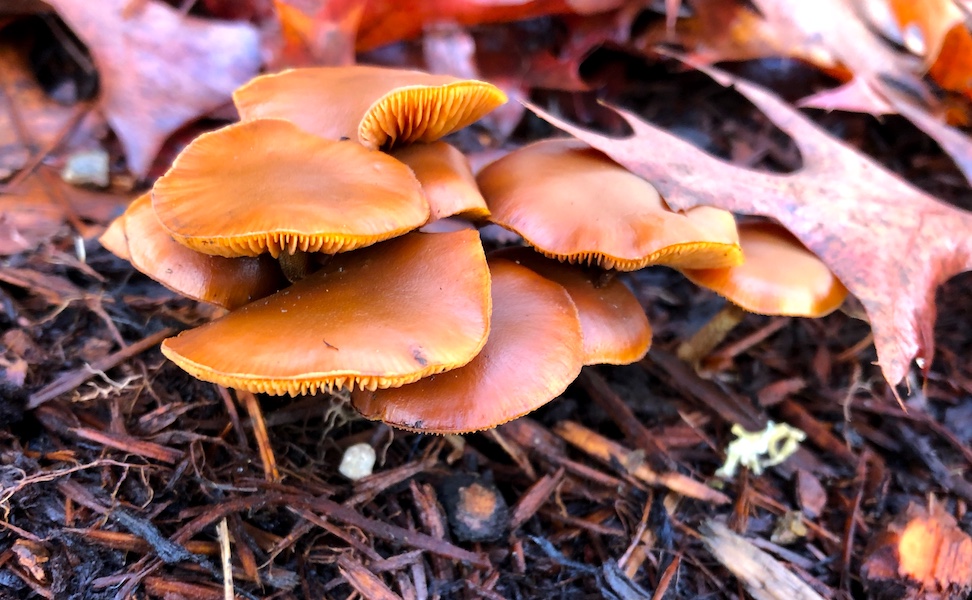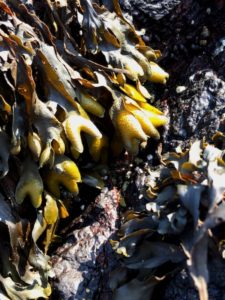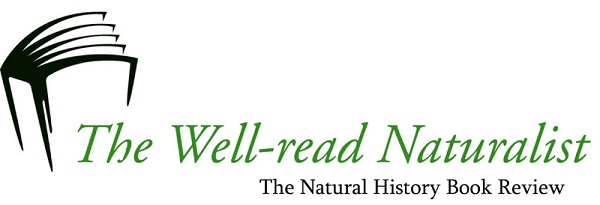This past summer, I once again took up Darwin’s The Voyage of the Beagle, as my “daily morning read” for most of July and a bit of August. This was perhaps the third or fourth time I’d read the book, but like so many works to which I return, I find I discover something newly significant in each successive reading; an opinion once again validated by this most recent reading.
Toward the conclusion of the voyage, as the H.M.S. Beagle is making for England and the conclusion of the voyage, Darwin finds himself reflecting upon what he and his shipmates have seen during the voyage:
 “The pleasure derived from beholding the scenery and the general aspect of the various countries we have visited, has decidedly been the most constant and highest source of enjoyment. It is probable that the picturesque beauty of many parts of Europe exceeds anything which we beheld. But there is a growing pleasure in comparing the character of the scenery in different countries, which to a certain degree is distinct from merely admiring its beauty. It depends chiefly on an acquaintance with the individual parts of each view. I am strongly induced to believe that as in music, the person who understands every note will, if he also possesses a proper taste, more thoroughly enjoy the whole, so he who examines each part of a fine view, may also thoroughly comprehend the full and combined effect. Hence, a traveller should be a botanist, for in all views plants form the chief embellishment. Group masses of naked rock, even in the wildest forms, and they may for a time afford a sublime spectacle, but they will soon grow monotonous. Paint them with bright and varied colours, as in Northern Chile, they will become fantastic; clothe them with vegetation, they must form a decent, if not a beautiful picture.”
“The pleasure derived from beholding the scenery and the general aspect of the various countries we have visited, has decidedly been the most constant and highest source of enjoyment. It is probable that the picturesque beauty of many parts of Europe exceeds anything which we beheld. But there is a growing pleasure in comparing the character of the scenery in different countries, which to a certain degree is distinct from merely admiring its beauty. It depends chiefly on an acquaintance with the individual parts of each view. I am strongly induced to believe that as in music, the person who understands every note will, if he also possesses a proper taste, more thoroughly enjoy the whole, so he who examines each part of a fine view, may also thoroughly comprehend the full and combined effect. Hence, a traveller should be a botanist, for in all views plants form the chief embellishment. Group masses of naked rock, even in the wildest forms, and they may for a time afford a sublime spectacle, but they will soon grow monotonous. Paint them with bright and varied colours, as in Northern Chile, they will become fantastic; clothe them with vegetation, they must form a decent, if not a beautiful picture.”
– Charles Darwin, The Voyage of the Beagle, Chapter XXI
As one who travels frequently myself, his conclusion “Hence, a traveller should be a botanist” stuck in my mind as I moved on to other works. I kept rolling it around and around, reflecting upon all the times in my life, in so many of the places I have visited, that this conclusions and his reasons for it have rung so very true. I came to understand how much I have missed as a result of not being particularly strong in my knowledge of botany; of how much more I could have discovered, and thus appreciate, of the places in which I have found myself – to say nothing of the life I live daily in my home in Oregon.

Therefore as the year turns, and resolutions are made, I have resolved to dedicate 2020 to improving my botanical knowledge. To read – and of course, review – more books on the subject, and to take advantage of the resources available to me for the improving of my understanding of plants (as well as fungi – for while it is indeed now classified as a kingdom unto itself it is, from what I can at this time discern, still taught as a sub-field within botany).
 For those who would like to follow my progress in this endeavor, I shall publish all essays and relevant notes not only in the columns of their primary purpose, but also in a dedicated section – Botany Year – and tag relevant social media posts accordingly as #BotanyYear for ease of discovery on those respective channels.
For those who would like to follow my progress in this endeavor, I shall publish all essays and relevant notes not only in the columns of their primary purpose, but also in a dedicated section – Botany Year – and tag relevant social media posts accordingly as #BotanyYear for ease of discovery on those respective channels.
As I know there are many among my readers who rightly count themselves as skilled in this field of study, I – as always – welcome advice, discussion, and other similarly edifying communication for the benefit of not only my own pursuit of greater understanding, but for that of all those who read my writings.
